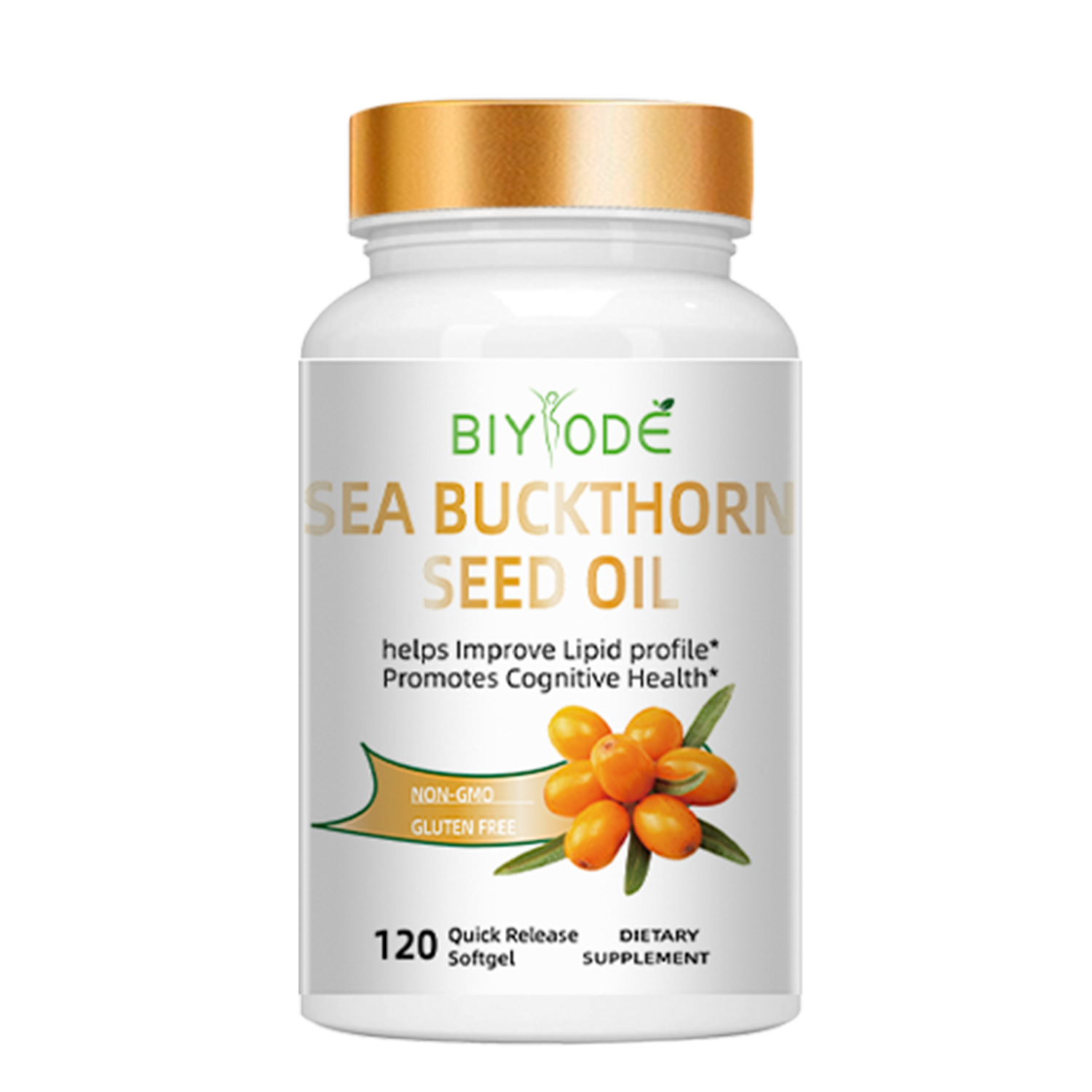
Even though you can’t see your bones, they are a very important part of your body! Bones provide the foundation and support for us to stand and move. They also protect our brains, hearts, lungs, and other vital organs from injury if we fall. Keep reading to learn more about why strong bones are so important and which nutrients play a role in bone health.
The importance of healthy bones
Like the columns and walls that support a house, healthy bones are the physical support of your body. Most people reach peak bone mass (also known as bone density) between the ages of 25-30 years. After age 40, bone mass will slowly decline as you age. This is why it’s so important for children and young adults to consume a healthy, nutrient-rich diet and to exercise, you want to add as much bone mass as you can. But if you’re older than 30, fear not! There are still things you can do to help your bones.
Bones are made up of mostly collagen and calcium. When we consume calcium, some stays in our blood, cells, and muscles for important functions, but the rest will get stored in our bones. Your bones act like a calcium savings account for your body, and if we don’t consume enough calcium, we’ll pull needed calcium from our bones. Over time, if your body has to keep pulling calcium from your bones to support the rest of the body’s needs, bones can become brittle and have lower bone density.
The good news is that there is a lot you can do to help your bones -- no matter your age! Read on to learn more about how to help keep your bones healthy.
How can exercise help strengthen your bones?
One way to help your bones is through exercise. Weight-bearing exercise, like strength training or lifting weights, is critical for bone health. It challenges your bones and makes them stronger. The impact of having to fight gravity while exercising also helps to strengthen your bones. If you’re new to strength training, it’s recommended to work with a reputable personal trainer to help ensure you learn the correct way to lift weights and exercise.
If you don’t want to or can’t lift weights, there are lots of ways to use your own body weight to strengthen your bones. Push-ups are a classic example, and if you want to start easier, you can do modified pushups with your hands on the wall, counter, or couch rather than the floor. Pilates, yoga, squats, and lunges use your own body weight as well. Even jumping rope can help to increase bone density in your legs. And using your own body weight is convenient – you don’t need to have any fancy equipment or go to a gym! But if you haven’t been active in a while, it’s always a good idea to check in with your health care professional before starting a new exercise routine.
Important vitamins and minerals for bone health
You may already know calcium supports bone health*, but did you know many other nutrients help too? As with much of our body, many vitamins and minerals work together to keep our body healthy.*
Let’s discuss some of these key nutrients for bone health.*
Calcium
Calcium plays a large role in supporting bone health–in fact, 98% of calcium in your body is stored in your bones!* You can find calcium in dairy products like milk, yogurt, and cheeses. If you can’t consume dairy, you can also find calcium in cooked dark leafy greens, some beans, as well as calcium-fortified juices, plant milks, and tofu.
Vitamin D for Bones
Vitamin D aids in the absorption of calcium.* Also known as the “sunshine vitamin,” you can get vitamin D from the sun depending on where you live and the time of year. You can also find vitamin D in some foods, such as fatty fish, egg yolks, cheese, and some mushrooms. Cow’s milk and some plant milks are also fortified with vitamin D.
Magnesium
Magnesium is involved in over 300 bodily processes in your body, including your bones.* You can find magnesium in nuts, seeds, beans, and dairy products.
Vitamins & supplements for bone health
Supplements can help provide the nutrients you need, to support what you eat. And if you are not a fan of swallowing pills, vitafusion gummy supplements are available to help support bone health*:
Calcium: made with 500mg of calcium and 25mcg of vitamin D per serving in delectable fruit and cream flavors.*
D3: made with yummy peach and berry flavors, each 2-gummy serving contains 50mcg of vitamin D.
Extra Strength D3: delicious strawberry-flavored gummies that provide 375% of the Daily Value of vitamin D3 in every 2-gummy serving.
Magnesium: made with 165mg of Magnesium per serving in a tasty tropical citrus flavor.
Make no bones about it – strong bones are key!
Strong bones help you have a healthy and active life. Along with a nutritious diet full of fruits, vegetables, lean meats, dairy, nuts, and seeds, exercise can also help build up your bone strength. And if you want a boost of calcium, vitamin D, or magnesium, BIYODE is here to help with tasty gummies you’ll look forward to taking every day!









































